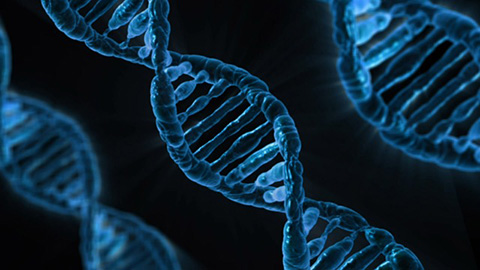New computational tool for detecting prognostic biomarkers in renal cell cancer
Researchers in Turku Centre for Biotechnology have developed a new computational approach for detecting biomarkers in patient samples. The developed method detects genetic markers that have implication e.g. in predicting cancer patient prognosis and is a powerful tool for analyzing latest genome-wide technologies like RNA-sequencing. The study has recently appeared in the journal of Nucleic Acids Research.

Mathematicians, biologists and oncologists in the University of Turku, Finland, have joined forces to use the method for developing new means for predicting renal cancer (RCC) prognosis. The clinical course of RCC is heterogeneous. Approximately 50% of patients develop metastases after surgery but the life expectancy varies from months to over 15 years. Current prognostic post-nephrectomy markers are based on clinicopathological features but are not sufficiently accurate for predicting patient prognosis and RCC lacks widely accepted genetic markers for prognosis that makes the result of this study clinically prominent.
A joint group of Drs. Laura Elo, Fatemeh Seyednasrollah, Panu Jaakkola and Krista Rantanen analyzed gene expression profiles of 442 ccRCC patients provided by The Cancer Genome Atlas (TCGA) revealing a list of 152 genes playing role in prediction of survival outcomes. The research team validated their findings using an independent Japanese dataset of 100 patients.
LR